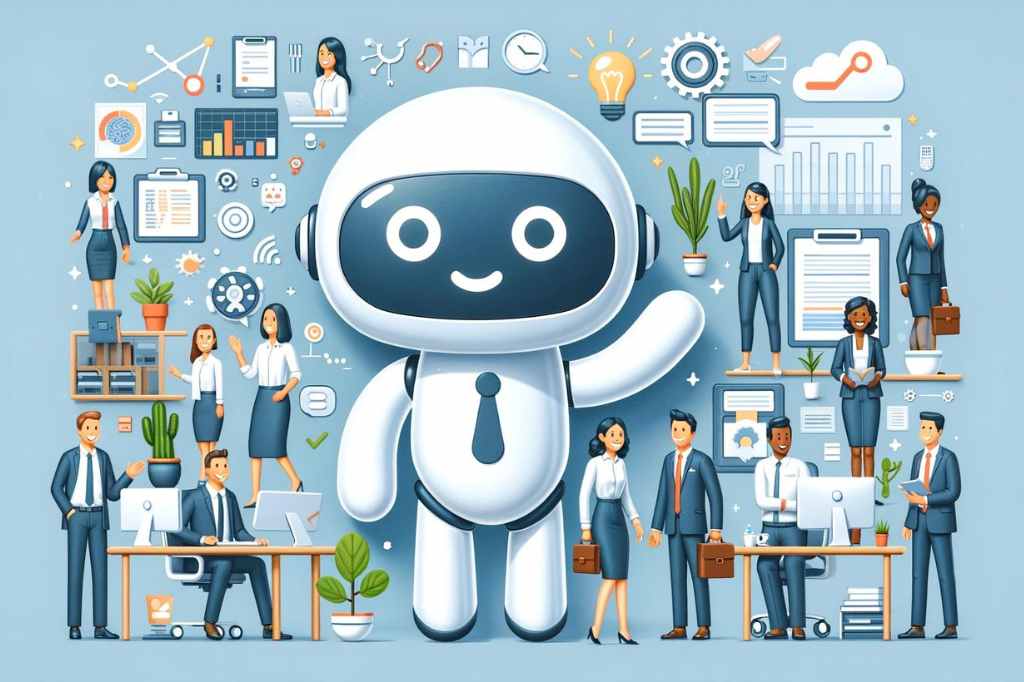
AI as Friend, Not Foe: Employees See AI as a Solution, Not a Threat
While fears of AI replacing human jobs persist, a new study by HP paints a different picture. The study, titled the Work Relationship Index, surveyed over 15,600 respondents across 12 countries, including India, and revealed a surprising trend: employees see AI as a potential solution to their current struggles, not a future threat.
The study highlights a concerning reality: a significant portion of the global workforce is grappling with burnout, heavy workloads, and overwhelming stress. Only 27% of surveyed knowledge workers reported having a healthy relationship with their work, and a staggering 58% felt their work expectations had increased significantly in the past three years.
This trend is particularly prominent in growing economies, where 71% of workers experience rising expectations compared to 50% in mature economies.
However, amidst these challenges, the study found a glimmer of hope in the form of artificial intelligence. Despite initial anxieties about AI replacing jobs, a growing number of employees believe it can actually enhance their work experience and alleviate work-related stress.
The study suggests that AI can assist with managing tasks, streamlining processes, and providing valuable insights, ultimately leading to a more positive and productive work environment for all.
“AI represents a significant opportunity to transform work dynamics and unlock a more positive and productive environment for all,” stated Dave Shull, President of HP Workforce Solutions at HP Inc.
He emphasized the importance of educating employees about the potential of AI and spearheading its effective integration to foster greater understanding and acceptance.
Employees across Levels Accepts AI as a Solution
The study further revealed a crucial finding: amidst this growing stress, employees across various levels are recognizing AI’s potential to foster healthier work relationships. This awareness is rising consistently, with business leaders, IT decision-makers, and the general workforce all exhibiting greater optimism towards AI.
According to the study, a significant portion of respondents believe in AI’s ability to improve work-life balance:
- 54% of knowledge workers
- 72% of business leaders
- 70% of IT decision-makers
Additionally, a majority of these groups see AI as a tool that can streamline tasks and simplify their jobs:
- 75% of business leaders
- 58% of professionals
Growing Economies See AI as a Catalyst for Improvement
Interestingly, the study found a stronger belief in the positive impact of AI in growing economies. In these regions, employees are more likely to see AI as:
- Making their jobs easier (76%)
- Making their jobs more interesting (75%)
These figures are significantly higher compared to mature economies, where only 48% and 44% of employees, respectively, share the same sentiment.
Addressing the Knowledge Gap and Unlocking Potential
While optimism surrounding AI’s positive adaptation grows, the study also identifies a key challenge: uncertainty about its specific utilization and full potential. This is evident in the findings, which reveal that many employees struggle with effectively using AI.
This highlights the crucial need for comprehensive training programs to bridge the knowledge gap and empower the workforce to leverage AI effectively.
“In an evolving work landscape where businesses are striving to unlock heightened engagement, retention, and productivity, as well as keeping their employees inspired, the strategic integration of AI emerges as a potent force for transformation,” said Stella Low, Chief Communications Officer, HP Inc.
“Knowledge workers around the world are looking to senior leadership to show them how to navigate the AI terrain effectively: the stage is set for business leaders to seize the opportunity to both empower their employees and drive success.”
The study by HP presents a compelling argument for a shift in perspective surrounding AI in the workplace. By embracing AI as a collaborative tool and equipping employees with the necessary skills to utilize it effectively, businesses can not only address current challenges but also pave the way for a more engaged, productive, and positive future of work.





